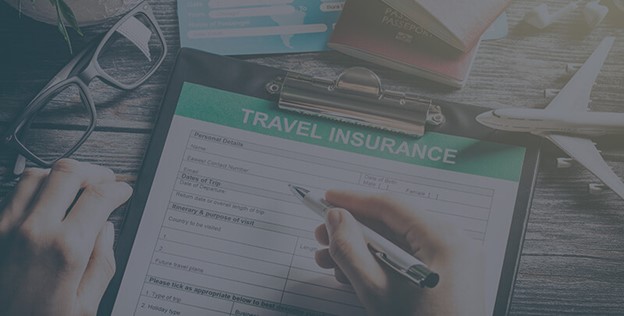
How Pre-Approval Offers for Credit Cards Work
December 17, 2021
Here Are 6 Credit Card Benefits You May Not Know About
December 19, 2021Receiving an unexpected call from a debt collector can be intimidating. Often, debt collectors will try to pressure you into paying them immediately over the phone. Although you may be drowning in debt, you have rights when a debt collector calls, and you should always exercise your rights before you pay.
When contacted by a debt collector, follow these steps:
1. Do Not Admit That You Owe
If you receive a call from a debt collector, do not panic or pay the debt right away. Although the debt may be legitimate, you do not have to pay it on the spot. Furthermore, you should not confirm that you owe the debt, as that admission could be used against you.
2. Do Not Pay Immediately
In any case, even if the debt is legitimate, you are not required to pay a debt collector over the phone upon their first contact. Debt collectors can be scammers, or they may not be able to prove you owe what they claim. That’s why it’s important not to pay immediately.
3. Take Notes
You should grab a pen and paper when the debt collector calls. Write down the name and contact information of the debt collector, the amount owed, the name of the original creditor, and any other information the debt collector provides over the phone.
4. Get Contact Information for Written Requests
By law, debt collectors are required to let you know that you can dispute a debt and request verification – but that may not always happen. To send correspondence in the future, make sure you take down the debt collector’s contact information. The debt collector must provide the following information in a written notice within five days of the initial contact:
• The amount they claim you owe
• The name of the original creditor
• A statement that you have 30 days to dispute the debt after receiving the notice
• A statement that the debt collector must provide written verification of the debt within 30 days of a dispute
• A statement that the debt collector must provide the name and address of the original creditor upon written request
It may be beneficial to request written verification of the debt, depending on your circumstances. If the debt is invalid, or if the debt collector cannot provide proof, they must stop contacting you until they receive your response. If, however, you are 100% certain the debt is valid, this can backfire.
5. Ask Them to Stop Calling (if Necessary)
When debt collectors try to collect a debt, they cannot harass you or lie to you. They can’t call you before 8AM or after 9PM, and they can’t call you at work if you ask them not to. Regardless of whether a debt is valid or not, you can ask a debt collector to cease contact in writing. If they receive your request, they may only contact you to verify that they will cease contact. Alternatively, they may notify you that they are taking specific action, such as filing a lawsuit.
A debt collector who violates any of these rules, or if you just want them to stop calling, has a legal right to cut off contact with you.
6. Decide What to Do Next
Often, disputing the debt and asking for validation is beneficial, especially if you don’t think it’s yours. Sometimes, it’s best to simply tell debt collectors to stop calling. If you believe the debt is valid, you may want to negotiate a better solution or pay the debt collector. Your best option will depend on your financial circumstances, the actions of the debt collector, and whether or not the debt is valid.
Is your personal information on the dark web? Make sure your identity isn’t at risk!


